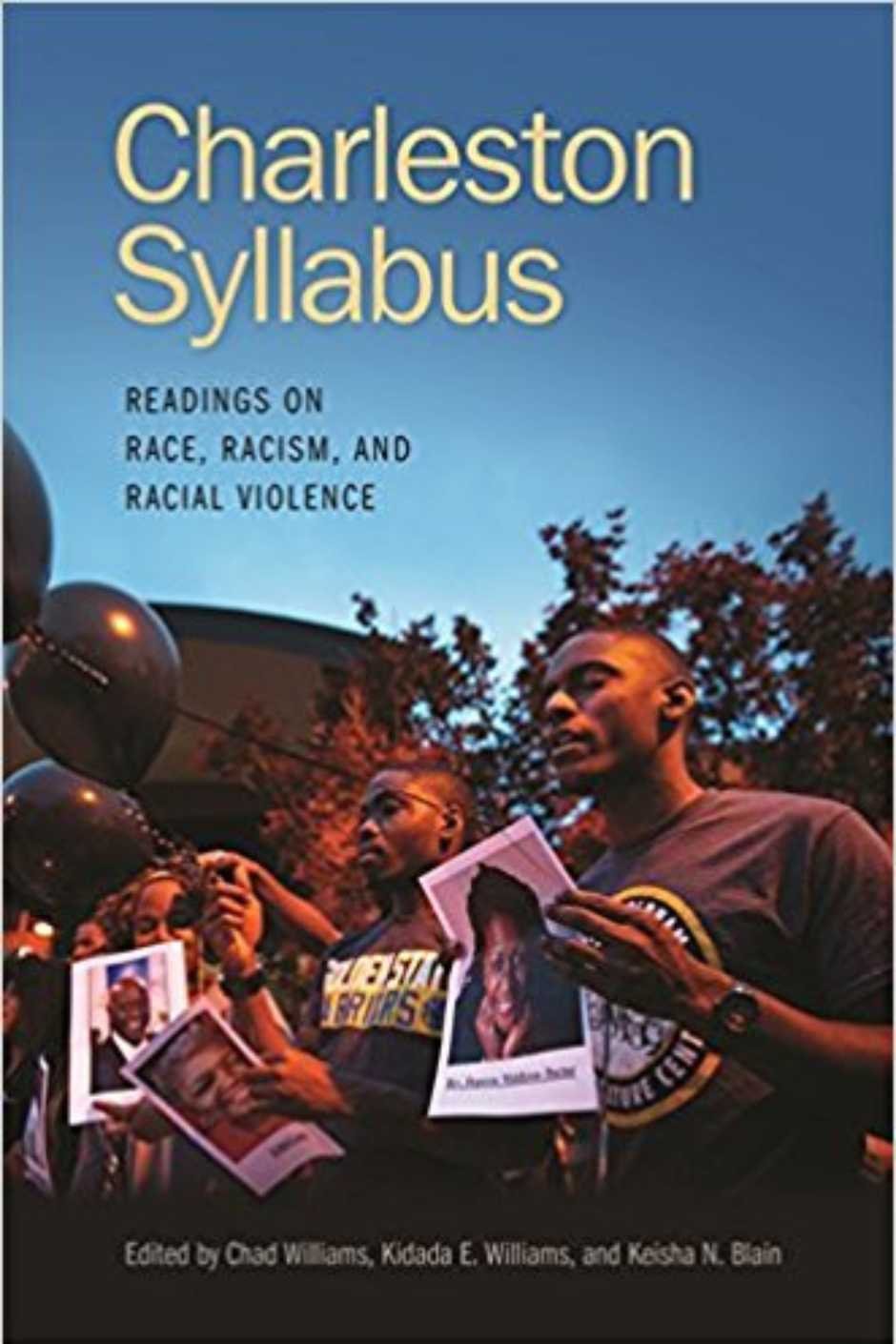BOOKS
THE WOUNDED WORLD
* A Best Book of 2023, The Washington Post, The New Yorker, The Christian Science Monitor
* Finalist, Museum of African American History Stone Book Award
* Longlist, PEN/Jacqueline Bograd Weld Award for Biography
* Amazon Editor’s Pick Best History
The dramatic story of W. E. B. Du Bois's reckoning with the betrayal of Black soldiers during World War I—and a new understanding of one of the great twentieth-century writers.
When W. E. B. Du Bois, believing in the possibility of full citizenship and democratic change, encouraged African Americans to “close ranks” and support the Allied cause in World War I, he made a decision that would haunt him for the rest of his life. Seeking both intellectual clarity and personal atonement, for more than two decades Du Bois attempted to write the definitive history of Black participation in World War I. His book, however, remained unfinished. In The Wounded World, Chad Williams offers the dramatic account of Du Bois’s failed efforts to complete what would have been one of his most significant works. The surprising story of this unpublished book offers new insight into Du Bois’s struggles to reckon with both the history and the troubling memory of the war, along with the broader meanings of race and democracy for Black people in the twentieth century.
Drawing on a broad range of sources, most notably Du Bois’s unpublished manuscript and research materials, Williams tells a sweeping story of hope, betrayal, disillusionment, and transformation, setting into motion a fresh understanding of the life and mind of arguably the most significant scholar-activist in African American history. In uncovering what happened to Du Bois’s largely forgotten book, Williams offers a captivating reminder of the importance of World War I, why it mattered to Du Bois, and why it continues to matter today.
PRAISE FOR THE WOUNDED WORLD
"Illuminating . . . Deeply researched, crisply written . . . By rendering this story in such rich archival detail, Williams’s book is a fitting coda to Du Bois’s unfinished history of Black Americans and the First World War." ―Matthew Delmont, The New York Times
"Williams wisely refrains from . . . judging his subject, instead allowing Du Bois’s biography to unfold in all its messy, captivating, inspiring complexity. Specialists and general readers alike will profit from Williams’s sensitive reconstruction of the most challenging period, ethically and politically, of Du Bois’s long life." ―Vaughn Rasberry, The Washington Post
"Du Bois meticulously documented 'a devastating catalog of systemic racial injustice,' Williams writes, while showing 'an ability to distill it into concise, lively, accessible prose.' The same goes for this book, which weaves a propulsive narrative from a tangle of facts and forces." ―New Yorker
"Stirring intellectual history . . . Williams convincingly renders Du Bois as a tragic figure whose optimism was dashed by the intransigence of racism, adding poignancy to a story about the limits and fragility of American democracy. At once a moving character study and a deeply researched look at a dispiriting era from the country’s past, this is history at its most vivid." —Publishers Weekly (starred review)
"A compelling account . . . Williams, like Du Bois before him, has done the important work of making sure that history is recorded and remembered . . . A solid bulwark against efforts to simplify and sanitize history." —Kirkus Reviews
“Until Professor Williams’s heroic accumulation of sources, his stunning mastery of them, and uncanny reckoning with his subject’s ego, Du Bois’s unfinished history of the Great War remained a mystery. We can now write Q.E.D. to Chad Williams’s brilliant The Wounded World.” —David Levering Lewis, author of W.E.B. Du Bois: Biography of a Race, 1868-1919, winner of the Pulitzer Prize
“Chad Williams managed to write a thoroughly gripping story of failure. In light of an American Century defined by war, the durability of racism, and the elusive quest for democracy, Williams’s account of W. E. B. Du Bois’s inability to complete his major treatise on Black participation in the First World War is a window onto how the tragedies of industrial scale killing, colonialism, and the color line changed the world and a man. The unfinished manuscript haunted its author as much as its subject matter haunted the world. Du Bois’s romance with martial symbols and his unquenchable ambition clashed with his antiwar sensibilities and the racial terror he witnessed in the military abroad and in the streets at home—leaving America’s greatest intellectual in a state we’ve never seen: deeply wounded and vulnerable. A genuine masterpiece.” —Robin D. G. Kelley, author of Thelonious Monk: The Life and Times of an American Original
"In The Wounded World: W.E.B. Du Bois and the First World War, Chad Williams approaches the historical archives anew—with passionate rigor—to better understand how a crucial moment of international crisis impacted the greatest African American intellectual of the twentieth century. Through Williams’s insightful portrait, we not only see the immense splendors of W.E.B. Du Bois. Here, we see Du Bois-the-man, one whose devotion to Black people—and to his American nation—was constantly tested, but never faltered." —Honorée Fanonne Jeffers, The Love Songs of W.E.B. Du Bois
“I read The Wounded World: W. E. B. Du Bois and the First World War for pleasure—the pleasure of rigorous scholarship and narrative nuance, of the magisterial W. E. B. Du Bois in flesh and blood. In this extraordinary book, Chad Williams exploits the voluminous archive Du Bois collected in his ultimately failed quest to ease the tension between being Black and being American, a quest Williams presents in poignant clarity.” —Nell Irvin Painter, author of The History of White People



